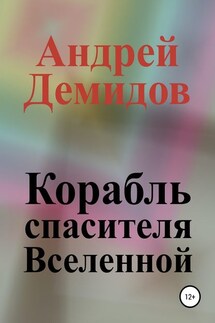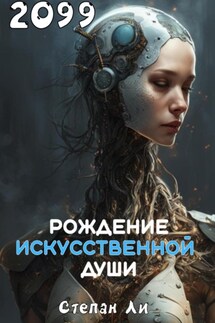Natotevaal. War Chronicle - страница 3
Anyway – fiction is indispensable in demonstration of the fundamental conditionality of all forms of human interaction, even if it reproduces the steady absoluteness of the required functions.
Finally, we could also mention the ability of fiction to act as an emphasized workaround, as a form of Aesop's language, which allows to disguise ideological and political journalistic statements for works of art avoiding censure, if such products in fact, do not belong to the fiction itself in a quite indirect way.
The discursive aspect of fiction is primarily associated with the means of its realization and perception.
The main question is what conditions and assumptions are necessary for the existence of fiction as purely fantastical, not accepted as a brazen lie, that is, or an attempt to mislead or a story about reality.
After all, fiction is also expressed with initially limited means (ordinary language – minimally modified, or built up); the fact that these means are certainly excessive (realities, concepts, constructs, concepts…); on the one hand, fiction works are unlike purely formal search experiments of avant-garde and modernism, and on the other hand, from the popular science literature, support the delicate balance of subtle contrasts of the usual and unusual, explicable and wonderful, traditional and new, natural and artificial…
For example, the metaphorical transfer is often used inversely, if the standard step is to compare technical progress with natural or magical, the device of reverse provides a unique effect.
Thus fiction forms, constantly reproduces and maintains a special horizon of expectation in the space of the absence of the true/false opposition, in other words, creates new evidence with the help of the self-extracting code and its reader, who has a taste for such a recoding and other similar intellectual procedures.
The subject-indicating focus of language means is transformed by the means of fiction discourse in the functioning process into subject-projecting, the goal of which is to reveal the unprecedented.
Thus, science fiction acts as discursively embodied means of literature and/or visual arts (painting, drawing, sculpture, movie…) as something given, represented, described, but nonexistent, but real and materialized at the same time – unlike, abstract art for instance.
The peculiarity of the fictional in this sense is mostly defined by separation from the rest and self-restraint, by the act of mental balancing in testing the different types of discourse.
The most widely open and extremely pointed (though, again, not to a radical break) fiction discourse becomes the generative source for filling the gaps in lacunae, detected in the accepted discourse or the worldview.
Fiction is attractive due to its invincible variety; it opens new conceptual space and carries away to an amazing, wonderful, mysterious, unknown, unusual, supernatural and going beyond the limits.
Like a mental experiment in physics (Maxwell's demon, Schr;dinger's cat, Einstein’s elevator) fantasy provokes construction of unexpected concepts in other sciences, including a collection of imaginary constructs that have numerous applications – the imaginary logic of Vasilyev, the unspeakable communities and imaginary social institutions.
But this goes far beyond science, of course, – Tolkien's epic "The Lord of the Rings" for example, could easily be interpreted as a full-fledged version of a modern esoteric doctrine.








